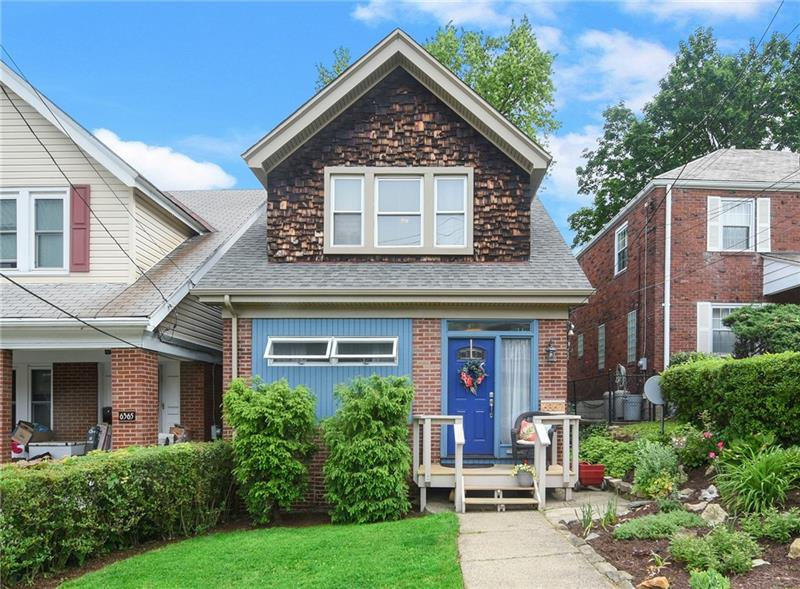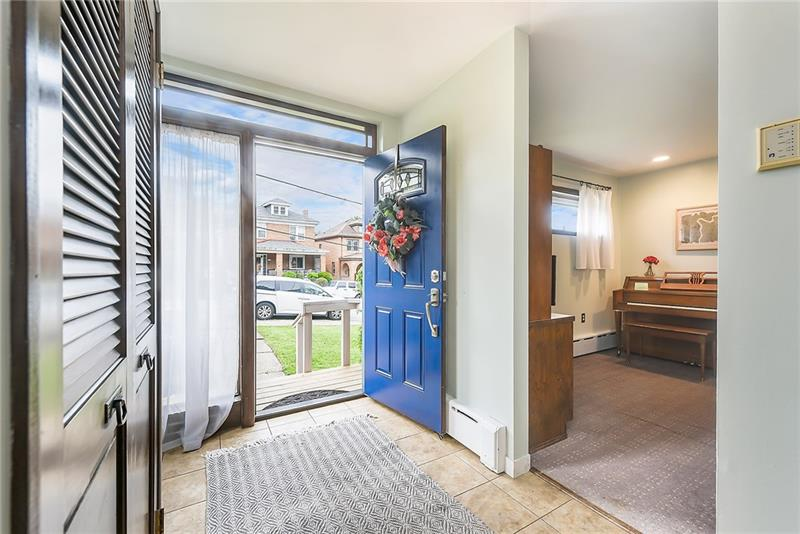We know firsthand that selling your home can be one of the most stressful experiences of your life—we just survived selling our third home together, and are thrilled to have closed on our Squirrel Hill house a few weeks ago. Putting our old home in the rearview is bittersweet, but we’re happy to have sold it without too many issues. After years of working in the real estate industry, we know too well how many things can go wrong during a transaction.
If you’re thinking about selling your home, it’s important not only to prepare your home but also to make sure you’re ready for what can be an emotional journey as well.
Obstacles To Selling Your Home
In order to successfully sell your home, you need to navigate marketing the home, inspections, appraisal, repairs, title work, and closing…not to mention physically moving everything out of your house! Here are some of the most common reasons a sale could go under—and how you can prevent it from happening:
1. Discovering lead paint, asbestos, radon, or mold. All four of these have the potential to kill, and if they’re found in your home during inspections, potential buyers could become more likely to back out. If you’re aware of any of these issues, it is important to disclose them to buyers upfront, and talk to your agent about whether it makes sense to correct these issues before listing your house vs. selling the home at a lower price so that the buyer has room to make their own repairs.
2. Breakdowns in negotiations. We’ve met plenty of wonderful people as real estate agents, but not everyone is easy to work with! Some buyers (and sellers) will push hard to get what they want, and some are more aggressive than others. Don’t get flustered. Remain calm and professional at all times. If you’re uncomfortable budging on price as much as one potential buyer wants you to, you don’t have to fold. Talk to your agent and wait for the next offer.
3. The wrong price. One of the most common marketing mistakes any seller makes is overpricing their home. While it can be tempting to push the market and see how high someone may bid on your house, often you may lose a very motivated, well-qualified buyer by starting at an unrealistic price. Make sure your list price is based on data from the neighborhood, and not what you wish you could get from your home.
4. Major repairs. If big ticket items like your roof, sewer line, heater, and hot water heater are past their useful lifespan, buyers may be nervous about short-term repair costs. Depending on the age and condition of these items, you can consider repairing, replacing, offering a warranty, or offering a credit toward future anticipated costs. This helps build buyer confidence and you’re more likely to find someone who will pay fair market value for the home if you plan for some of these costs in advance.
5. The new homeowners will need to put in some sweat equity. You might love your home, but potential buyers may want to pull out certain features. Consider some popular past design choices that have gone out of style: carpet in the bathroom, wallpaper in the kitchen, faux wood paneling in the basement—the list goes on and on. Potential owners may want to remodel to update the home, but each project requires time and energy. Instead of putting your home on the market while it has elements many people won’t like, consider taking a weekend or two to make changes on your own.
6. Big stains and mysterious odors. Your home may be beautiful, but an old water stain in the ceiling of the spare room or the faint smell of pet urine in the basement could turn potential buyers away. If necessary, have your home professionally cleaned and painted before you open your home to tours.
7. Last-minute surprises. A common mantra in real estate is “a deal isn’t closed until it’s closed.” Some sellers may think they can hide problems until further along in a transaction, but this causes potential for problems at a final walkthrough, or even liability after closing. In Pennsylvania, sellers are obligated to complete a disclosure with known condition of the property, which will be available to all the buyers that are considering the home. If you have questions or concerns as you fill out the disclosure, just ask for help! We have seen hundreds of disclosures and can help you navigate making sure your home is fairly represented.
Selling your home is an exciting time! Don’t let the problems inside scare buyers away. Do your research and make sure it’s ready for buyers to love.
Cheers,
Julie & Ted



